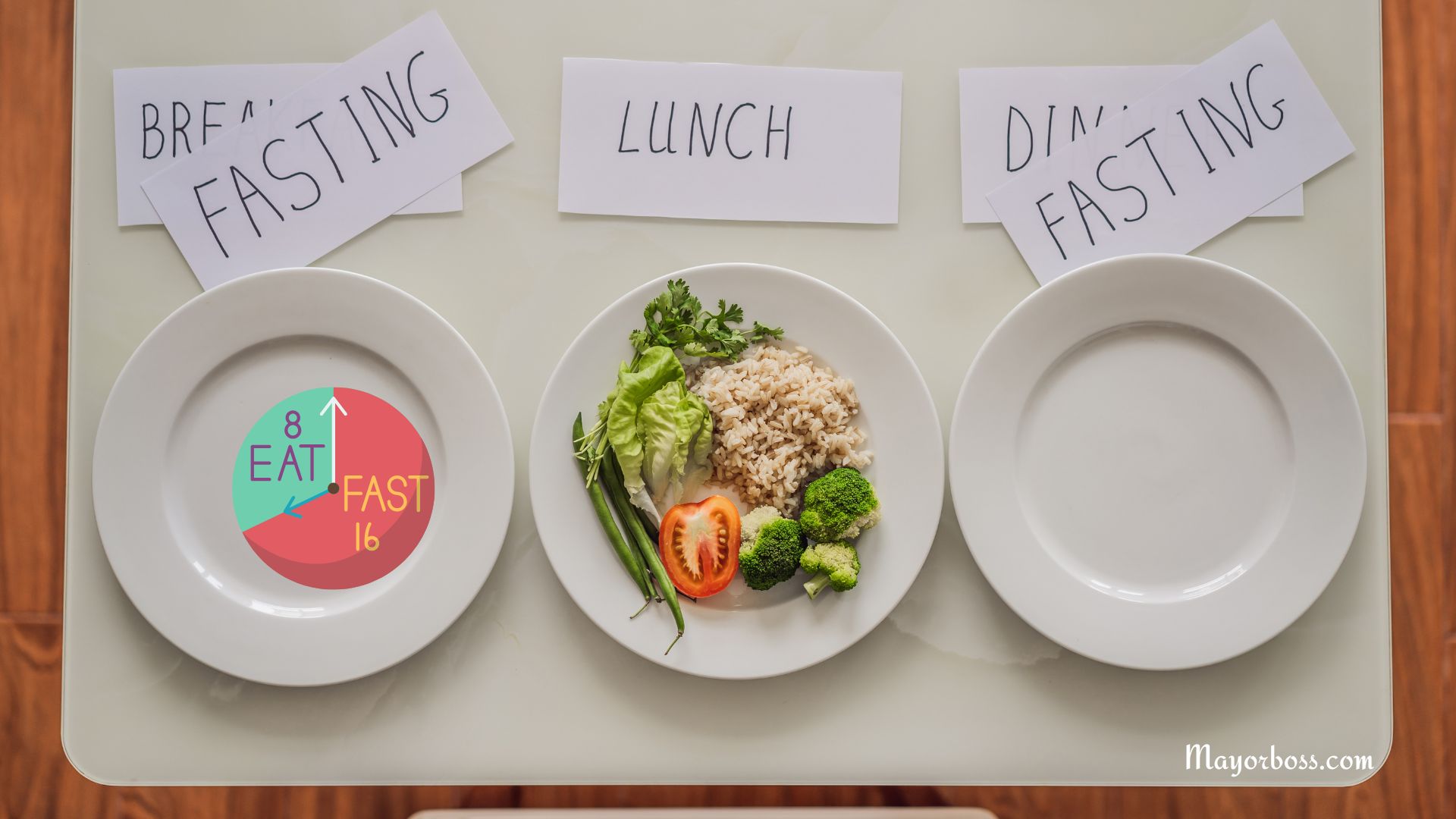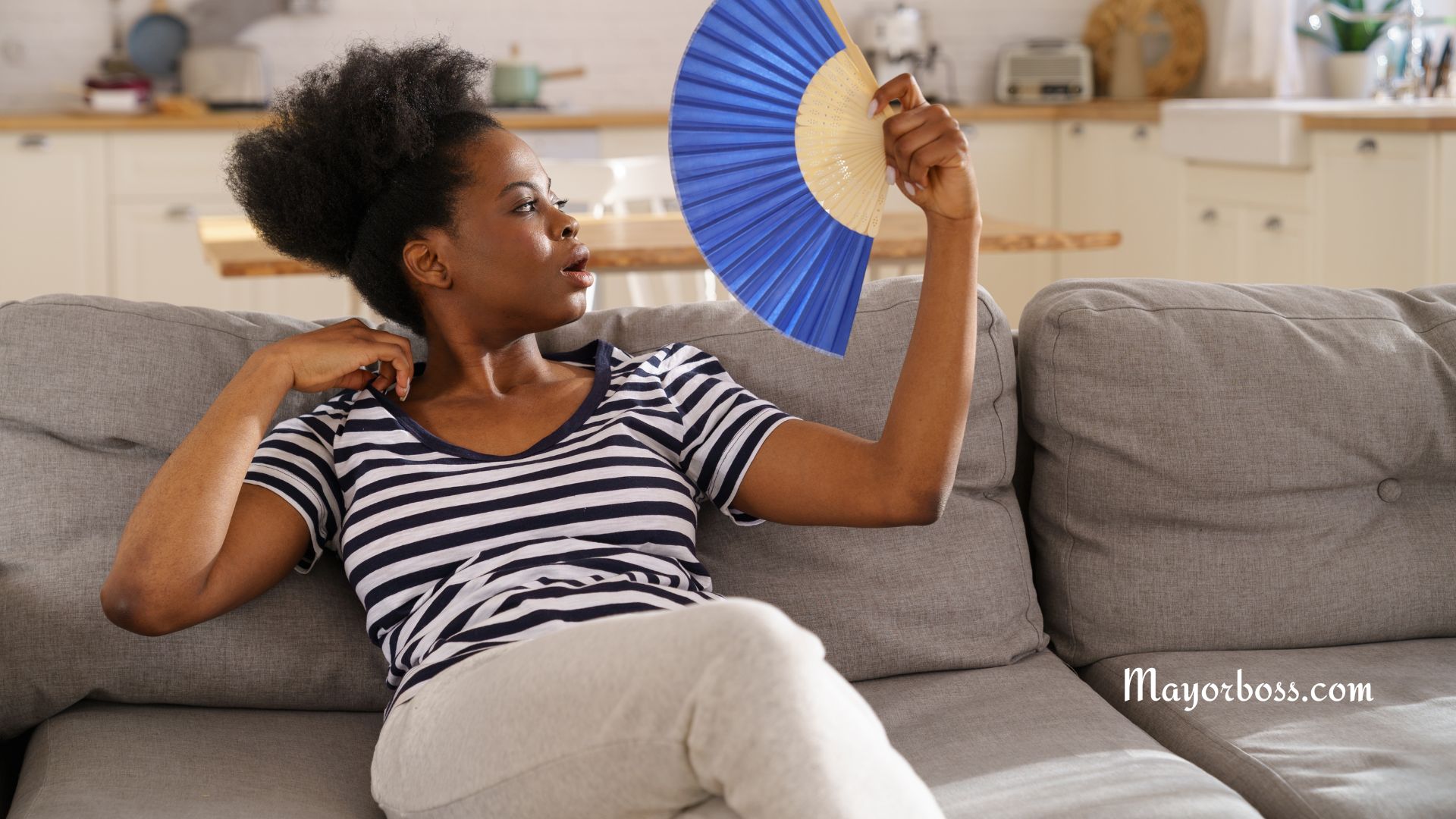These are 6 signs of mono you shouldn’t ignore
Infectious mononucleosis, often called “mono,” is a sickness caused by a virus known as the Epstein-Barr virus. It often spreads through saliva, which is why people sometimes call it “the kissing disease.” Even though many people get mono as children, it can affect anyone at any age. After getting infected, you might notice several symptoms. It’s important to pay attention to these early signs of mono because seeing a doctor in time can help prevent more serious problems, like an inflamed liver or a swollen spleen. This article covers six signs of mono that you should not ignore.

1. Persistent Sore Throat
One of the first signs of mono is a sore throat that does not go away with regular home care. You might have severe throat pain, redness, and enlarged tonsils. Sometimes, white spots may appear on the tonsils, making it painful to swallow. This kind of stubborn sore throat sets mono apart from a simple viral sore throat. If your throat stays very sore for more than a week even though you’re resting and drinking fluids, think about seeing a doctor.
Your body’s immune system causes this long-lasting soreness as it fights the Epstein-Barr virus in your throat. Gargling with warm salt water might help a little, but if the pain does not improve, a doctor can decide if you need extra tests or other treatments.
2. Swollen Lymph Nodes
Another sign of mono is enlarged lymph nodes, especially in your neck and armpits. Lymph nodes are small glands that help defend your body against infections. When you have mono, these nodes can swell because your immune system is working harder.
You might feel that the swollen lymph nodes are tender, especially under your jaw or on the sides of your neck. In some people, the swelling may spread to other areas, like the armpits. Common colds can also make lymph nodes swell, but if the swelling continues for a long time, it could be mono.
3. Fatigue
Fatigue is a main symptom of mono. Many people say they feel extremely tired as if they can’t do their usual daily tasks. Unlike normal tiredness that goes away with rest, mono-related fatigue can last for several weeks. This strong sense of tiredness happens because your immune system is busy fighting the virus.
If you have mono, you might find it hard to focus at school or work. You could feel sleepy even if you slept for eight hours or more. Getting extra rest is key when you have mono, as it helps your body heal. If you find yourself feeling very tired all day, even with rest, think about talking to a medical professional.
4. Fever
Many people with mono have a fever that can last for more than a week. Your temperature may go higher than 100.4°F (38°C). Fevers often get worse later in the day. You may also sweat at night or wake up feeling too warm.
A fever can help your body fight infections, but having one for a long time can make you feel weak and dehydrated. You lose more fluids when you have a fever, so it’s important to drink water or other fluids often. If your fever lasts more than a few days or climbs very high, you should see a doctor for a checkup.
5. Loss of Appetite
Another indication of mono is not feeling as hungry as usual. Many people with mono notice they feel full quickly or just don’t want to eat. A sore throat may also make it hard to swallow. Still, your body needs enough nutrients and energy to fight off the infection.
Try to eat foods that have lots of vitamins and nutrients. Drink plenty of water or clear fluids. If it hurts to swallow, eat smaller meals more often. A doctor might also suggest you keep a balanced diet or take a multivitamin if you are not able to get all the nutrients you need.
6. Head and Body Aches
People with mono often have headaches, muscle pain, or aches all over their bodies. Some say it feels like the flu. These aches usually come along with other symptoms like fever or tiredness. Over-the-counter pain medicine can help ease headaches or muscle pains for a short time.
Even if the aches are not severe, they can last for a while. Pay attention if the pain continues or gets worse. When you combine it with the other signs, these aches may be a clue that you have mono.
Takeaway
Mono is a viral infection that can make everyday life hard if you do not treat it. The main symptoms—long-lasting sore throat, swollen lymph nodes, extreme tiredness, fever, low appetite, and aches—are all important warning signs. If these problems go on for more than a week or get worse, you should see a doctor. A healthcare provider can check you with an exam and lab tests. With proper care—rest, healthy food, and plenty of fluids—most people with mono recover completely.
If you ignore the early signs, mono can lead to serious issues. For example, your spleen might get bigger, which could lead to a higher risk of rupture if you do too much physical activity. Getting treatment early can help prevent this.






